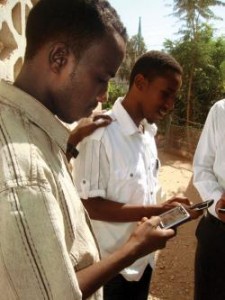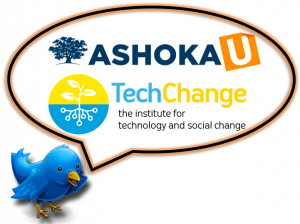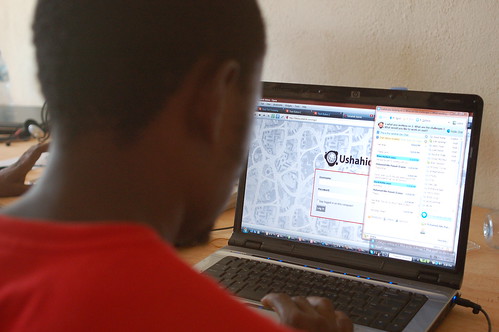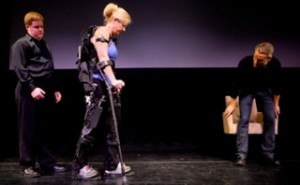 The revolutions sweeping the Middle East and North Africa have captured the collective attention of the world, and with good reason: the images of millions mobilized in Cairo, the thousands protesting under threat of gunfire in Syria and Bahrain, and the successful ousting of long-entrenched despots are mesmerizing and inspiring. The stories unfolding in the Middle East on personal and popular scales appeal to basic senses of justice and dignity. Who isn’t rooting for the underdog?
The revolutions sweeping the Middle East and North Africa have captured the collective attention of the world, and with good reason: the images of millions mobilized in Cairo, the thousands protesting under threat of gunfire in Syria and Bahrain, and the successful ousting of long-entrenched despots are mesmerizing and inspiring. The stories unfolding in the Middle East on personal and popular scales appeal to basic senses of justice and dignity. Who isn’t rooting for the underdog?
Faster than Ben Ali on an outbound airplane, though, was the media’s attempt to insert a buzzword to take credit. Thus the Arab Spring and the Jasmine Revolution became part of the vast empire of Facebook and the Twitterverse. Bouaziz lit himself on fire and sacrificed his life, but it seems social networking was the real catalyst for the awakening.
Websites like Facebook, Twitter and YouTube undoubtedly made their contribution—in heavily censored Syria, the grainy videos of protests being posted online provide some of the only images of the struggle there. Using a medium of communication familiar in the Western world may intrigue Americans and Europeans into paying attention to what is going on. But anyone who envisions millions of Egyptians marking themselves as “attending” the January 25 event simply isn’t crunching the numbers.
In the countries experiencing political upheaval ( like Egypt, Syria, and Tunisia) internet penetration rates are topping out at around 35%. Even Egypt, home of the most televised and tweeted revolution, can only boast about a quarter of its population having internet access, and only about 9% of Egyptians self-report having a Facebook profile.
(more…)



 I had the opportunity to attend a conference at USAID a fewweeks ago on the theme of Knowledge Management (KM) for Development (
I had the opportunity to attend a conference at USAID a fewweeks ago on the theme of Knowledge Management (KM) for Development (
